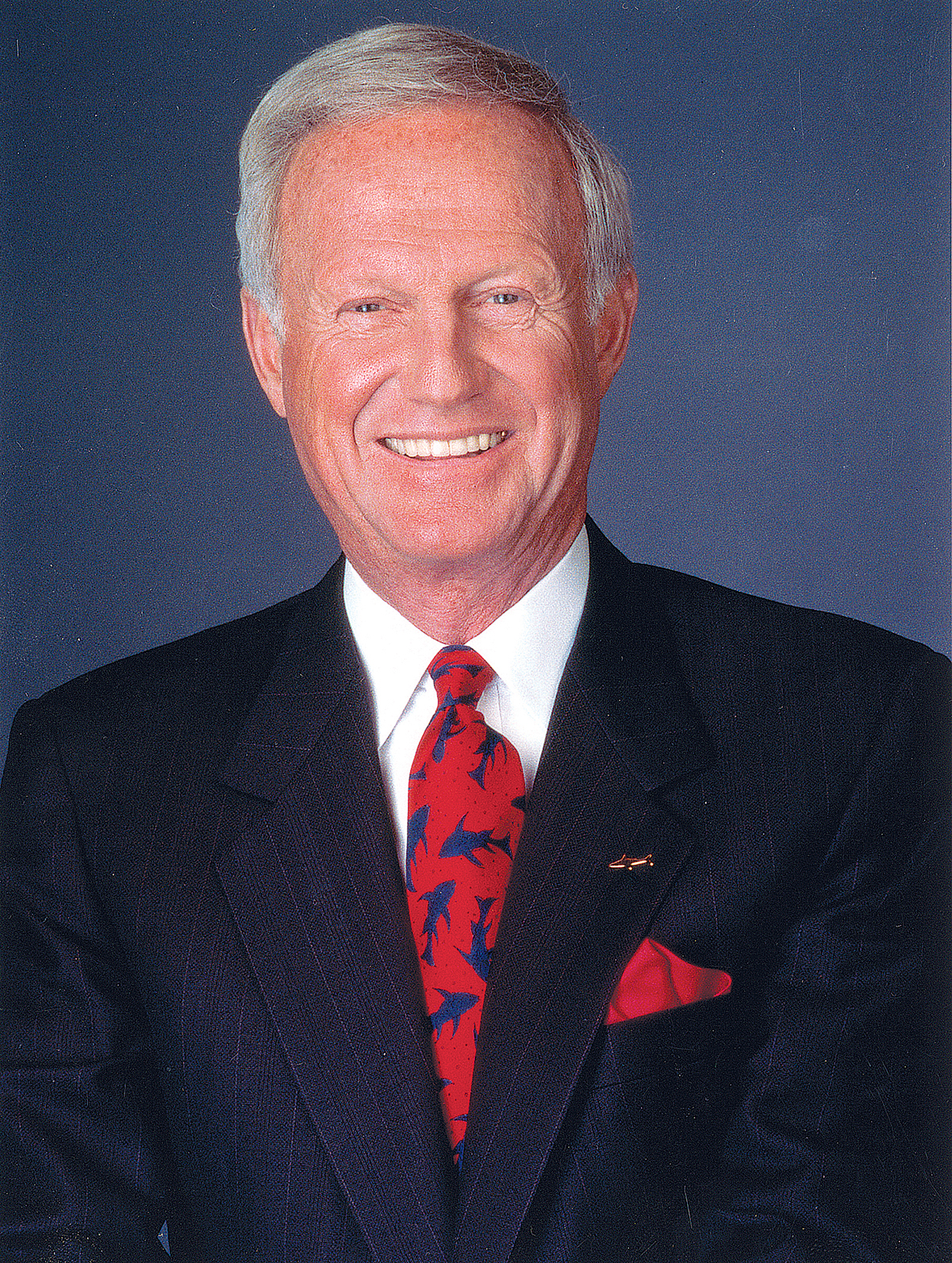Lord Chesterfield, in his famous letters to his son, wrote: “Here is the way to get people to like you. Make every person like himself a little better, and I promise that he or she will like you very much.”
Most of us are aware of the tremendous power of encouragement, yet we fail to make use of it. Helping others feel important and better about themselves should be a driving force in our relationships.
Mahatma Gandhi inspired millions of people to go beyond their limitations to accomplish great things. It was said of Gandhi that he refused to see the bad in people. He inspired, even changed, human beings by regarding them not as what they were but rather as they wished to be.
“People have a way of becoming what you encourage them to be – not what you nag them to be,” said politician Scudder Parker.
Growing up I studied people like Dale Carnegie, who said: “Tell a child, a husband or an employee that he is stupid or dumb at a certain thing, that he has no gift for it and that he is doing it all wrong, and you have destroyed almost every incentive to try to improve. But use the opposite technique, be liberal with encouragement … let the other person know that you have faith in his ability to do it … and he will practice until the dawn comes in at the window in order to excel.”
Smart organizations understand that on a local scale, operating in an atmosphere of support and encouragement will improve not only morale, but in many instances, their bottom line. They encourage employees to take risks that will move the company forward.
When we eliminate unrealistic expectations, allow for failure without punishment and appreciate and encourage people’s efforts, we lay a foundation for people to excel. Creating a supportive environment should be a central pillar of any business plan. Otherwise, why bother to hire the best people?
Legendary Alabama football coach Paul “Bear” Bryant shared his secret for encouraging players to come together as a team, how to lift some up and how to calm some down. “There are just three things I’d ever say,” he stated. “If anything goes bad, I did it. If anything goes semi-good, then we did it. If anything goes real good, then you did it. That’s all it takes to get people to win football games for you.” Or do their best work for your company.
Inspirational author Glenn Van Ekeren tells the story of what happened many years ago in a Paris opera house. A famous singer was to perform to a sold-out audience. The feeling of anticipation and excitement was in the air as the theater manager took the stage and said, “Ladies and gentlemen, thank you for your enthusiastic support. I am afraid that due to illness, the man you have all come to hear will not be performing tonight. However, we have a suitable substitute we hope will provide you with comparable entertainment.”
The crowd groaned in disappointment. The environment turned from excitement to frustration. The stand-in performer gave the performance everything he had. When he finished, there was nothing but uncomfortable silence. No one applauded. Suddenly, from the balcony, a little boy stood up and shouted, “Daddy, I think you are wonderful.” The crowd broke into thunderous applause.
Who wouldn’t love to hear, “I think you are wonderful” every now and then? n
Mackay’s Moral: A person may not be as good as you tell her she is, but she’ll try harder thereafter.
Harvey Mackay is the author of the New York Times best-seller “Swim With the Sharks Without Being Eaten Alive.” He can be reached through his website, www.harveymackay.com.











